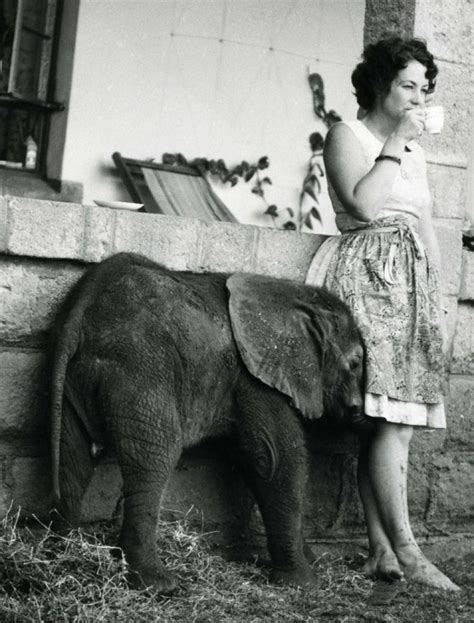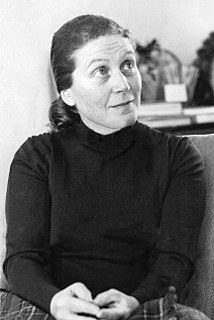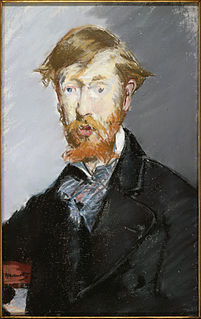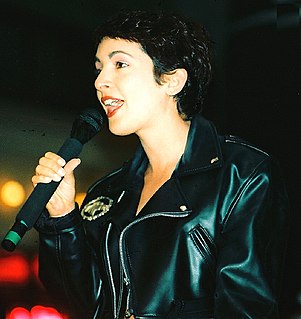A Quote by James Boswell
Quotation is more universal and more ancient than one would perhaps believe.
Related Quotes
The art of quotation requires more delicacy in the practice than those conceive who can see nothing more in a quotation than an extract. Whenever the mind of a writer is saturated with the full inspiration of a great author, a quotation gives completeness to the whole; it seals his feelings with undisputed authority.
Animals are indeed more ancient, more complex and in many ways more sophisticated than us. They are more perfect because they remain within Nature’s fearful symmetry just as Nature intended. They should be respected and revered, but perhaps none more so than the elephant, the world’s most emotionally human land mammal.
Trees and flowers were often more meaningful to me than people. They always helped me, consoled me, giving the soul a chance to believe once more than the world was beautiful and sensible, that the mad absurdities and cruelties of men were against the laws of Nature and the Universal Mind; that sooner or later violence would suffer utter defeat on this Earth. No words collected in books were more effectively convincing to me than foliage, clouds, rippling waters, rain.
If a man’s imagination were not so weak, so easily tired, if his capacity for wonder not so limited, he would abandon forever such fantasies of the supernal. He would learn to perceive in water, leaves and silence more than sufficient of the absolute and marvelous, more than enough to console him for the loss of the ancient dream.
Humanity has made a great error in seizing on a certain moment, no more intrinsically notable than any other moment and has called it Birth. The habit of honoring one single instant of the universal process to the disadvantage of other instants has done more, perhaps, than anything to obfuscate the crystal clearness of the fundamental flux.
I would love to believe that when I die I will live again, that some thinking, feeling, remembering part of me will continue. But as much as I want to believe that, and despite the ancient and worldwide cultural traditions that assert an afterlife, I know of nothing to suggest that it is more than wishful thinking.
We make two mistakes about the ancient world. One is to assume they were better than us - that, for instance, the ancient Olympics didn't involve money-making. The opposite mistake, and just as common, is to think our Olympics are much more civilised than ancient sporting competitions. Neither is true.



































